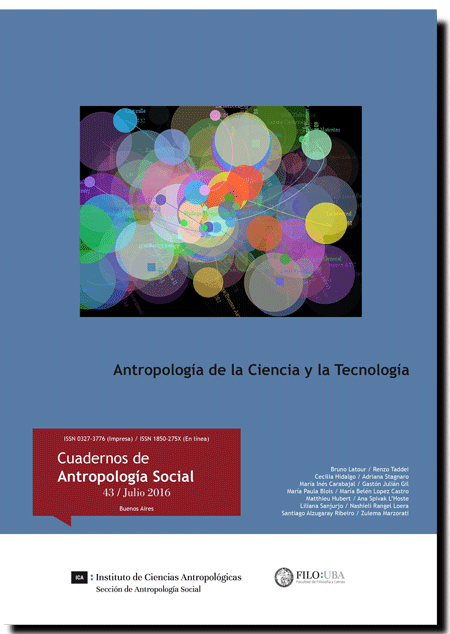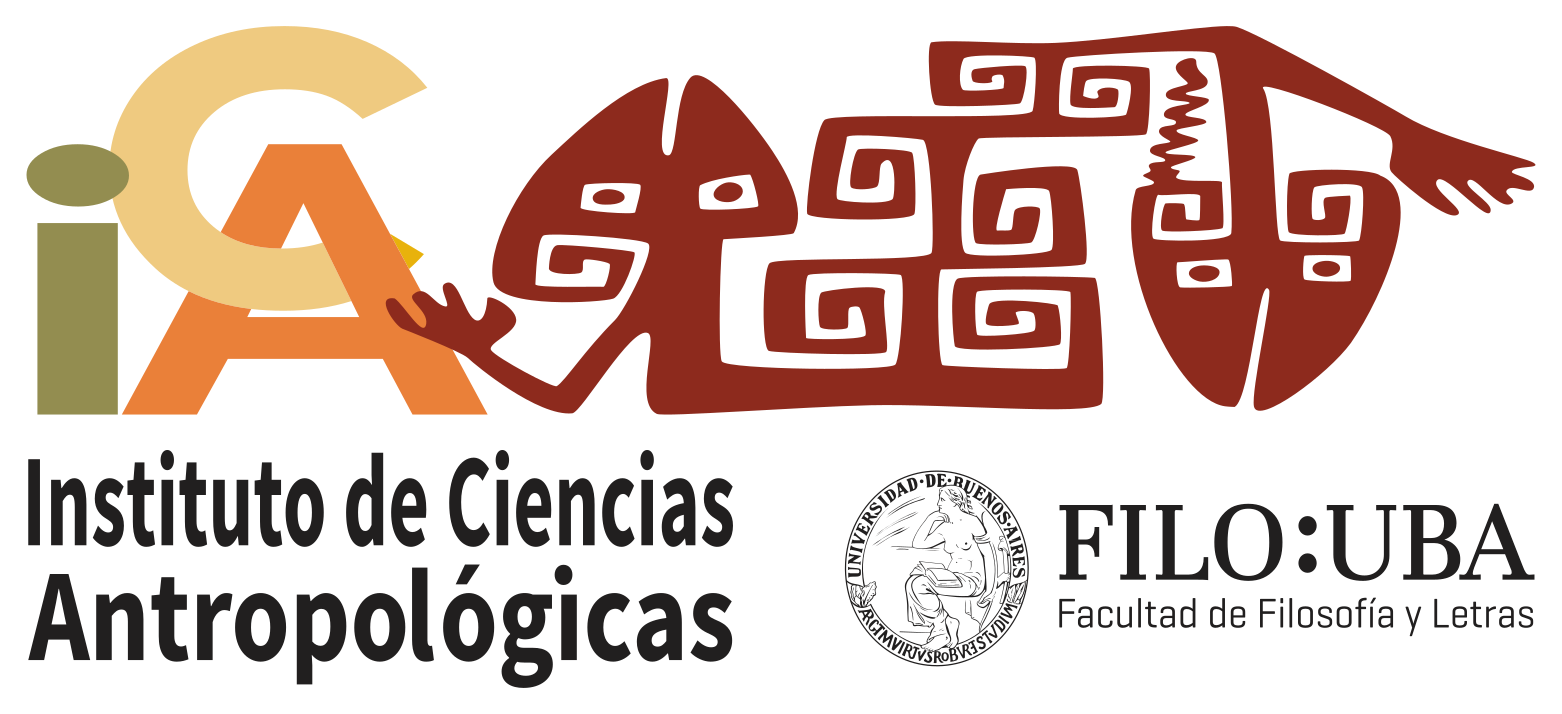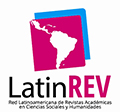Post-normal anthropology
Abstract
This paper intends to problematize the tacit acceptance of certain physical reality(ies) –what we will call ontological orthodoxy, or ontodoxy– by social sciences in general, and by the ethnographic practices in particular. The argument runs as follows: 20th century philosophy of science removed physics from the position of invisible benchmark for ontological validity of all epistemological inquiries, scientific or not; two of the logical and methodological implications of this fact –and certainly the ones that are most relevant for the humanities and the social sciences– are that any inquiry into the (or a) world should not: 1) take the physical qualities of the (this) world for granted, and 2) reduce the ontological dimensions of such world to its known physical aspects. These assertions pose methodological challenges to ethnography that have not been addressed so far. We claim that a post-normal anthropology, in the sense given to post-normal by Silvio Funtowicz and Jerome Ravetz (1991, 1993) allows to refer and to conceptualize situations in which the ethnographic encounter takes place in contexts of real ontological clash, and where the conceptual frameworks that structure the perspective of the ethnographer cannot remain unchanged.Downloads

Esta obra está bajo una Licencia Creative Commons Atribución 4.0 Internacional
Cuadernos de Antropología Social sostiene su compromiso con las políticas de Acceso Abierto a la información científica, al considerar que tanto las publicaciones científicas como las investigaciones financiadas con fondos públicos deben circular en Internet en forma libre, gratuita y sin restricciones.
Los contenidos y opiniones expresadas en los artículos publicados son de entera responsabilidad de sus autores.
Los autores/as que publiquen en esta revista aceptan las siguientes condiciones:
- Los autores/as conservan los derechos de autor y ceden a la revista el derecho de la primera publicación, bajo la licencia de atribución de Creative Commons, que permite a terceros utilizar lo publicado siempre que mencionen la autoría del trabajo y a la primera publicación en esta revista.
- Los autores/as pueden realizar otros acuerdos contractuales independientes y adicionales para la distribución no exclusiva de la versión del artículo publicado en esta revista (p. ej., incluirlo en un repositorio institucional o publicarlo en un libro) siempre que indiquen claramente que el trabajo se publicó por primera vez en esta revista.















